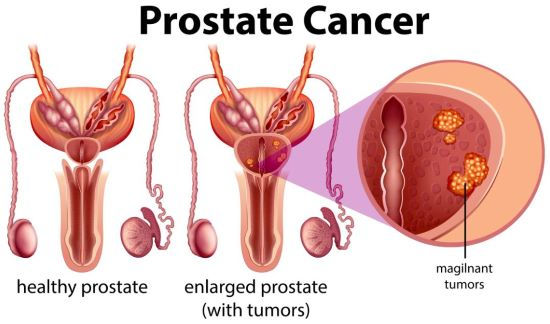Understanding Liver Failure Symptoms, Causes,and Treatment Options
- Collins k.k Boateng
- Aug 16
- 3 min read
Liver failure is a serious medical condition that occurs when the liver is unable to perform its essential functions. The liver plays a crucial role in digestion, detoxification, and metabolism. When it fails, it can lead to severe health complications.
This article will explore the symptoms, causes, and treatment options for liver failure.
What is Liver Failure?
Liver failure happens when the liver is damaged and can no longer function properly. This can occur suddenly (acute liver failure) or gradually over time (chronic liver failure). The liver is vital for filtering toxins from the blood, producing bile for digestion, and storing nutrients. When it fails, these functions are compromised, leading to serious health issues.
Symptoms of Liver Failure
Recognizing the symptoms of liver failure is crucial for early diagnosis and treatment. Here are some common symptoms:
1. Jaundice
Jaundice is a yellowing of the skin and eyes caused by a buildup of bilirubin in the blood. This occurs when the liver is unable to process bilirubin effectively.
2. Fatigue
People with liver failure often feel extremely tired and weak. This fatigue can be overwhelming and may interfere with daily activities.
3. Swelling
Swelling in the abdomen (ascites) and legs can occur due to fluid buildup. This happens when the liver is not producing enough proteins to keep fluid in the blood vessels.
4. Nausea and Vomiting
Individuals may experience nausea, vomiting, and loss of appetite. These symptoms can make it difficult to maintain proper nutrition.
5. Confusion
As toxins build up in the bloodstream, they can affect brain function, leading to confusion, memory problems, and even coma in severe cases.

Causes of Liver Failure
Understanding the causes of liver failure can help in prevention and early intervention. Here are some common causes:
1. Alcohol Abuse
Excessive alcohol consumption can lead to liver damage over time, resulting in alcoholic liver disease, which can progress to liver failure.
2. Viral Hepatitis
Hepatitis A, B, and C are viral infections that can cause inflammation and damage to the liver. Chronic hepatitis can lead to liver failure.
3. Fatty Liver Disease
Non-alcoholic fatty liver disease (NAFLD) is a condition where fat builds up in the liver, leading to inflammation and damage. This can be caused by obesity, diabetes, and high cholesterol.
4. Medications and Toxins
Certain medications and toxins can harm the liver. Over-the-counter pain relievers like acetaminophen can be particularly damaging if taken in large doses.
5. Autoimmune Diseases
In autoimmune diseases, the body’s immune system attacks its liver cells, leading to inflammation and damage.
Diagnosis of Liver Failure
Diagnosing liver failure typically involves a combination of medical history, physical examination, and laboratory tests. Doctors may perform blood tests to check liver function, imaging tests like ultrasounds, and sometimes a liver biopsy to assess the extent of damage.
Treatment Options for Liver Failure
Treatment for liver failure depends on the underlying cause and severity of the condition. Here are some common treatment options:
1. Medications
Doctors may prescribe medications to manage symptoms and treat underlying causes, such as antiviral drugs for hepatitis or corticosteroids for autoimmune liver diseases.
2. Lifestyle Changes
Making lifestyle changes, such as avoiding alcohol, maintaining a healthy diet, and exercising regularly, can help improve liver health and prevent further damage.
3. Liver Transplant
In severe cases of liver failure, a liver transplant may be necessary. This involves replacing the damaged liver with a healthy liver from a donor.
4. Supportive Care
Supportive care, including managing symptoms and complications, is essential for individuals with liver failure. This may involve hospitalization for monitoring and treatment.

How Can I Prevent Liver Failure?
Preventing liver failure involves:
Maintaining a healthy lifestyle
Avoiding excessive alcohol consumption
Getting vaccinated against hepatitis and managing underlying health conditions like diabetes and obesity.

Frequently Asked Questions
What are the early signs of liver failure?
Early signs of liver failure can include fatigue, nausea, loss of appetite, and jaundice. If you notice these symptoms, it’s important to seek medical attention.
Can liver failure be reversed?
In some cases, liver failure can be reversed if caught early and treated appropriately. However, chronic liver failure often requires more intensive treatment, such as a transplant.
Conclusion
Liver failure is a critical health issue that can arise from various causes, including alcohol abuse, viral infections, and fatty liver disease. Recognizing the symptoms early, such as jaundice and fatigue, is essential for effective treatment. Options range from medications and lifestyle changes to liver transplants in severe cases. By understanding liver failure, individuals can take proactive steps to protect their liver health.



Comments